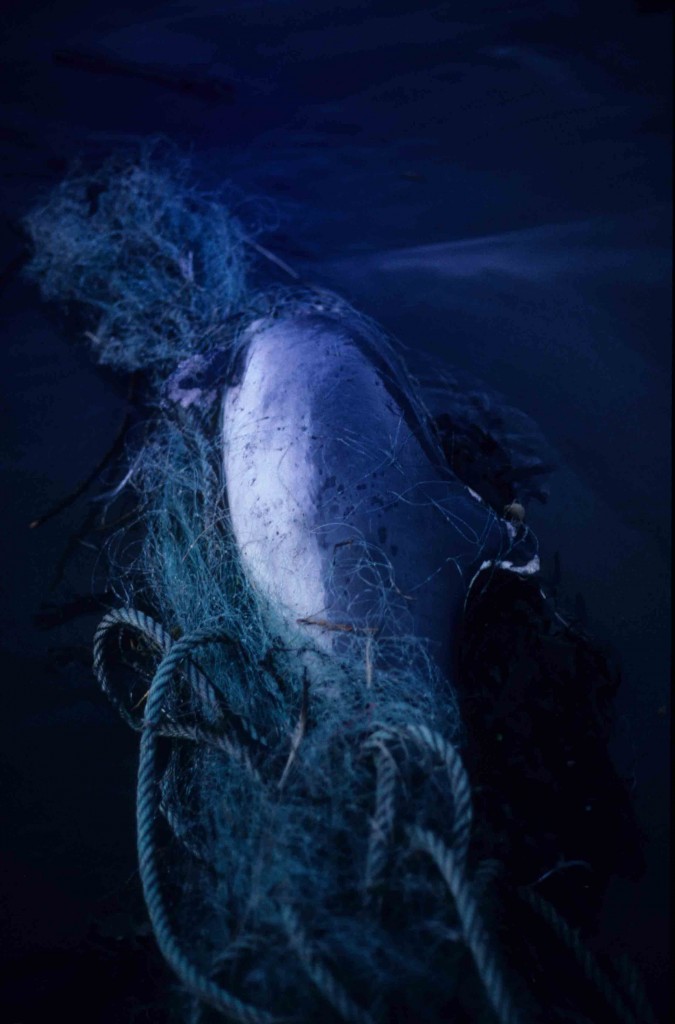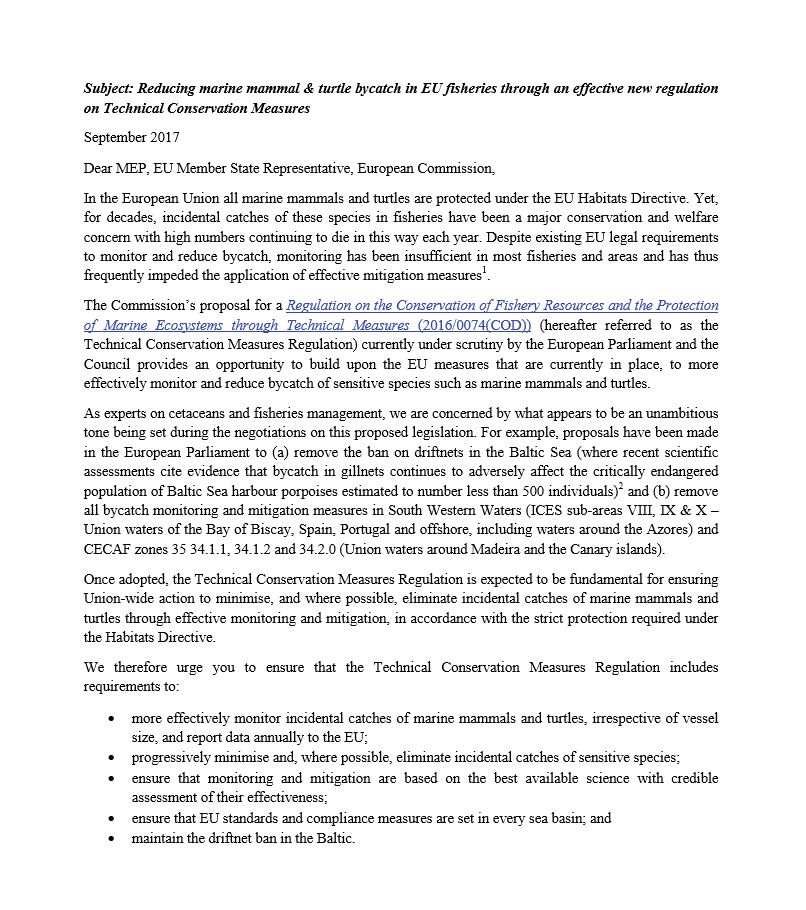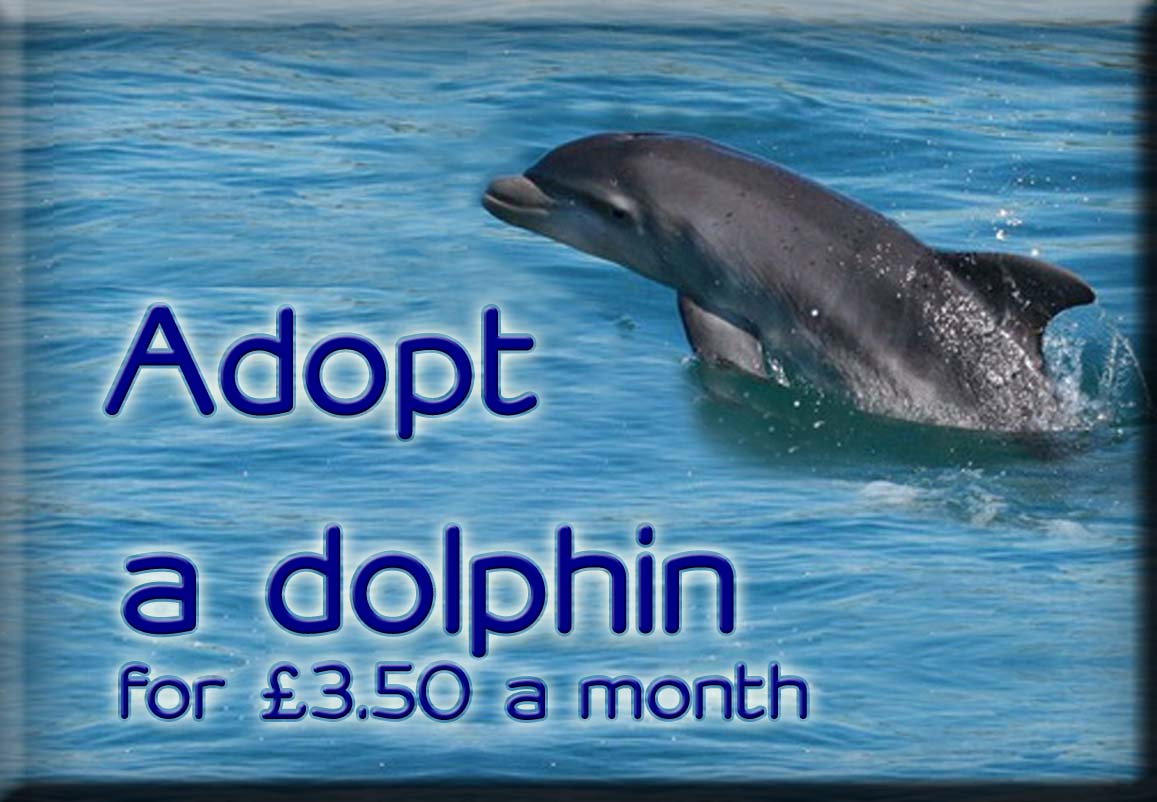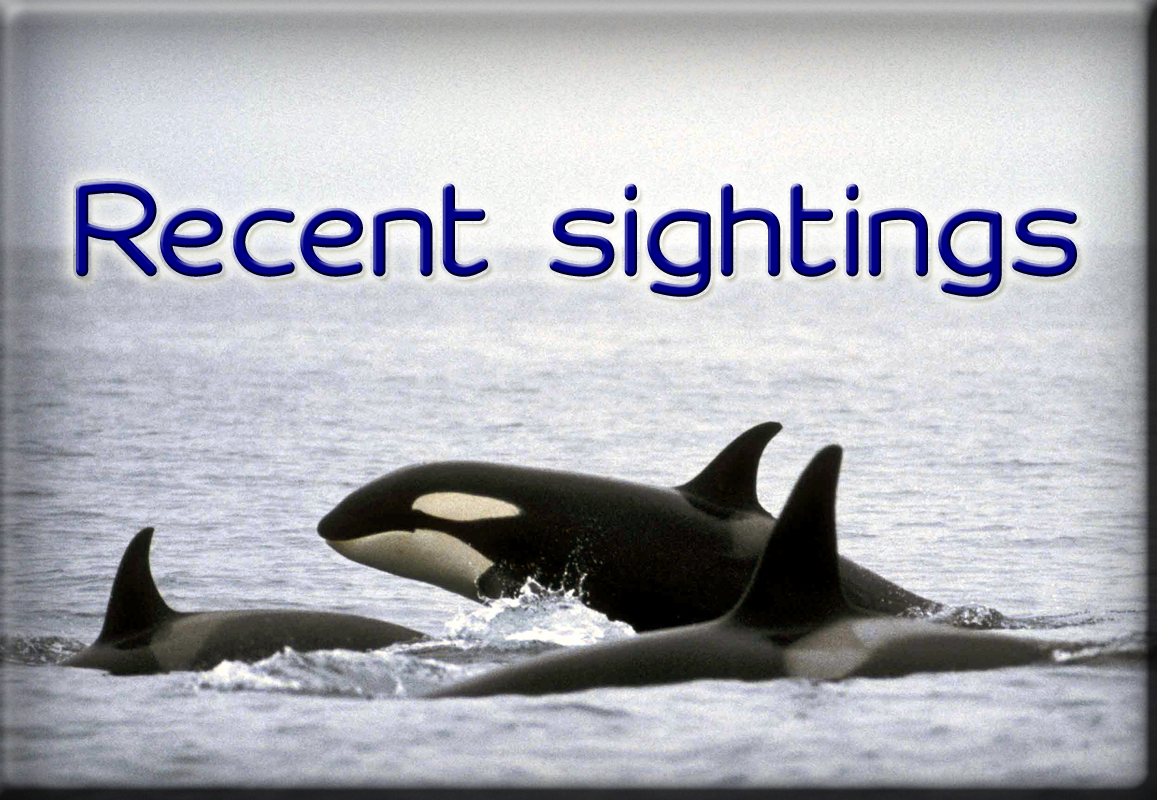World leading scientific experts have called for European fisheries legislation to be strengthened to ensure protection for whale, dolphin, and porpoise and turtle species threatened by fishing.
For decades, incidental catches of dolphins, seabirds, seals and turtles in fisheries have been a major cause of concern, with tens of thousands continuing to die each year in European waters.
Bycaught harbour porpoise. Photo by Mick Baines/ Sea Watch Foundation.
Despite existing EU legal requirements to monitor and reduce bycatch (the incidental entanglement of marine life in fishing gear), monitoring and mitigation has been insufficient in most fisheries.
Legislative requirements are currently being revised, with the European Commission’s proposal for a Regulation on the Conservation of Fishery Resources and the Protection of Marine Ecosystems through Technical Measures (2016/0074(COD)), currently under scrutiny by the European Parliament and Council of the European Union. The reform of fisheries legislation provides a critical opportunity to improve existing EU measures.
However, proposals have been made in the European Parliament to remove the ban on driftnets in the Baltic Sea – even though recent scientific assessments found that bycatch in gillnets continues to adversely affect the critically endangered population of Baltic Sea harbour porpoises, estimated to number fewer than 500 individuals. Other amendments propose to remove all bycatch monitoring and mitigation measures in South Western Waters despite evidence of high bycatch. The European Parliament’s Committee on Fisheries (PECH) voted on amendments on the 21st November.
Dr Peter GH Evans, Chair of the UNEP/ASCOBANS Working Group on Bycatch and Director of Sea Watch, said: “For more than a decade, Regulation 812 of the Common Fisheries Policy has fallen short of adequately addressing the issue of cetacean bycatch in European seas. There is a clear need to improve the quantity and quality of bycatch monitoring, ensure that effective mitigation measures are in place, and that countries comply with all measures established.”
The 47 signatories of the expert letter come from 15 Member States, including Poland, Spain and Portugal. The call from scientists has also been echoed by advice from the regional Agreement on the Conservation of Small Cetaceans of the Baltic, North East Atlantic, Irish and North Seas (ASCOBANS). Read the full expert letter to the EU here.
Professor Àlex Aguilar from the University of Barcelona added: “In the last decades, effective management in the Mediterranean and NE Atlantic regions has significantly reduced chemical pollution and eradicated direct exploitation of cetaceans, but adverse fishing interactions and bycatch remain as main threats to this group of animals. Measures to reduce fisheries interactions in all European ocean basins, including the Mediterranean and South West waters, need to be strengthened and not weakened.”
The experts call for the Technical Conservation Measures Regulation to include requirements to:
- · more effectively monitor incidental catches of marine mammals and turtles, irrespective of vessel size, and report data annually to the EU
- · progressively minimise and, where possible, eliminate incidental catches of sensitive species
- · ensure that monitoring and mitigation are based on the best available science with credible assessment of their effectiveness
- · ensure that EU standards and compliance measures are set in every sea basin; and maintain the driftnet ban in the Baltic.


























